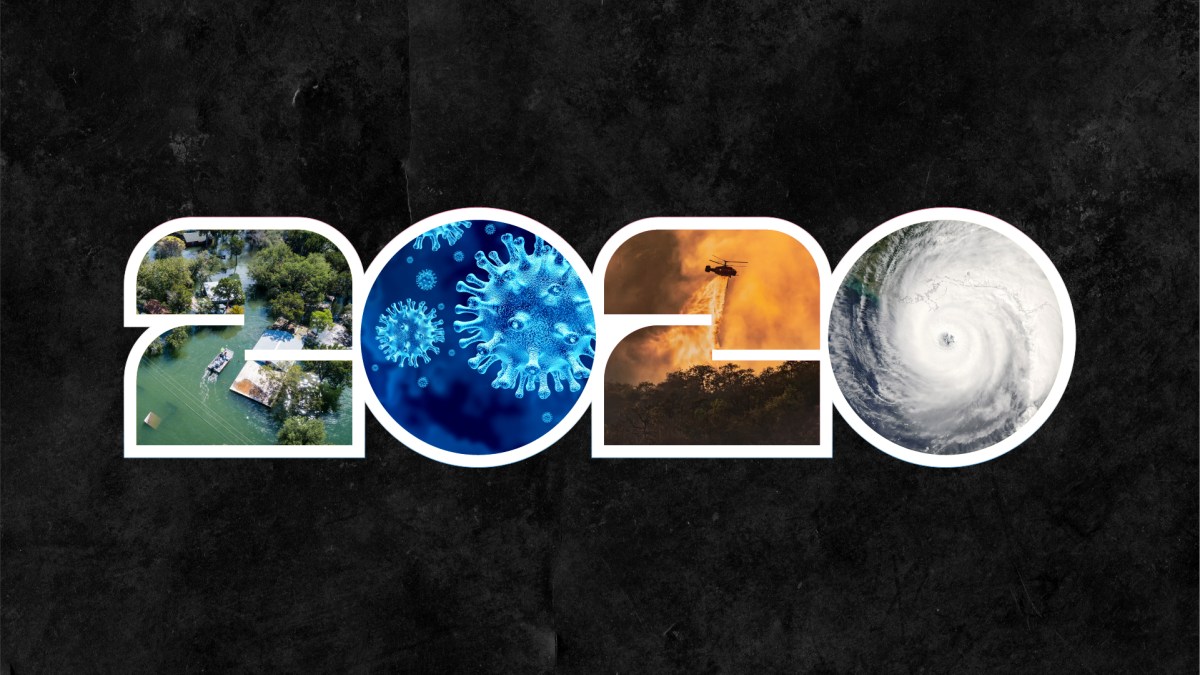When the year began, the state, local and education IT communities envisioned a year spent on maturing digital government, bolstering cyber defenses, developing stronger privacy polices and furthering their relationships with their vendors. Election officials were gearing up for the first presidential cycle after spending much of the last four years making investments in new, paper-based equipment and building up their protections against foreign-government hackers.
Then the pandemic took hold. As COVID-19 has ravaged the United States, whole populations — government employees included — have sequestered themselves in their homes, work and school alike became primarily online experiences, online government services had to scale up massively overnight and election officials nationwide had to figure out how to quickly implement mail-in voting, a decision that while vital to preventing further spread of a deadly contagion, uncorked waves of dangerous misinformation.
Natural disasters bore down, too, with record-setting hurricane and wildfire seasons testing governments already stretched thin by an unforgiving health crisis.
But while the pandemic continues to rage, and election officials — despite a race that was settled more than a month ago — continue to bat down lies about what has been widely credited as the most secure election in U.S. history, the many trials of 2020 might have also raised technology’s importance in government higher than ever before.
“State government has been doing things that, frankly, it’s never even thought possible before,” says North Dakota Chief Information Officer Shawn Riley.
But the year’s also put even more sunlight on lingering inequities, like a broadband gap that became all the more troublesome as schools went virtual, stunting the learning experiences of kids in low-income neighborhoods and rural communities long underserved by high-speed internet. “The toothpaste really is out of the tube now,” says Susan Grajek, the vice president of partnerships, communities and research at Educause.
And while the many crises of 2020 will follow us into 2021, this year has brought many lessons about how government works. To tell these stories, StateScoop and EdScoop asked a group of IT, election and education officials to describe, in their own words, what 2020 has meant.
Interviews conducted by Betsy Foresman, Benjamin Freed, Ryan Johnston and Colin Wood.
